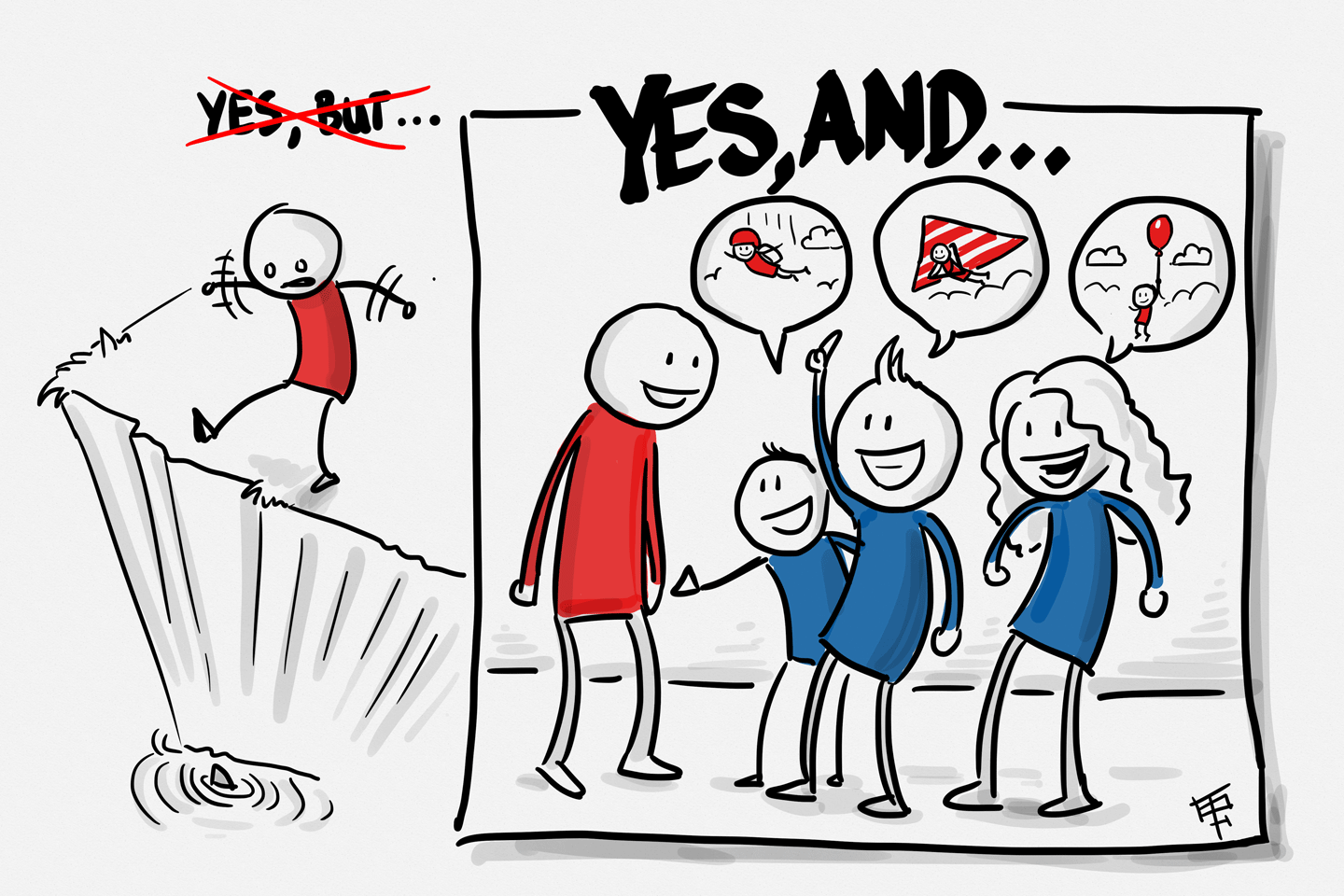Who are the stakeholders of your professional community? In what ways do they influence your practice?
The main stakeholders in my professional community are the parents. Without their voice it is difficult to help address the needs of their children. They provide a basis for us to plan ahead with regards to report writing and having them written in a language that they understand. This is especially important as a majority of a parent community are Pasifika and have English as their second language. For example, the Ministry of Education has created a web page with ideas that parents can use to help support their children at home (
this is a link to the page, Education.govt.nz). These are great suggestions but they don't all align with our parent community. Therefore, I need to amend these to make them suitable for my stakeholders. Without their support at home, it makes teaching and learning at school more challenging for their children.
What are the core values that underpin your profession and how?
The core values that underpin my profession are fostering a safe and inclusive learning environment based on trust, having an open door policy, teaching as inquiry, and promoting further learning.
I base my daily routines and expectations around PB4L
(Positive behavior for learning). By reinforcing positive behavior I am building trust between myself, students and their peers. They have a clear understanding of my expectations and this allows them the space to learn in a safe environment where they don't have to be worried about being singled out or highlighted as an example of undesired behavior. This positive behavior management also ties in with pace, clarity around learning and enabling student voice. Giving them the confidence to ask and answer questions to further their own knowledge, regardless of their learning abilities.
Having an open door policy allows me to build and strengthen relationships with the wider parent community. I encourage parents to sit in during a lesson and watch their child learn, to let their child teach or talk to them about anything new they have learnt. As I grew up, I always though that 'teachers' were perfect humans who could do no wrong. They were always right and have the answers to everything. In my school community where we have a majority of Pasifika students and families, I have found that this stigma can sometimes keep parents away from the classroom in fear of being questioned or intimidated by the teacher. Some parents feel they can't go into their child's school because they may be ignored of patronised by teachers (Mittler,2012) My open door policy is an attempt to remove those worried or fears and let parents know that they are key to the success of their children alongside the school.
Teaching as inquiry leads to promoting further learning. By critically reflecting on my practice and inquiring into my teaching I am able to keep up to date with research and supporting documents to help me promote further learning with my students.
What are the challenges that you face in your practice?
A huge challenge for myself is getting all of my learners achieving at the National Standard, as well as the other demands of working in a small school. I personally need time to consolidate new learning and in a high performing school there isn't much time for this. As a result, I have challenged myself by joining MindLab, discussed new ideas openly with staff and sped up the rate in which I can digest new information. This has also allowed me to maintain reasonable and high expectations of my learners.
Another challenge is gaining full parental involvement with learning both within and outside of school. This can be challenging for parents due to church, sport, work, younger siblings, health or other extra-curricular commitments. This is where it has been beneficial having a Social Worker on site as well as having a strong connection with the public health nurse. Both are able to liaise with families outside of school.
What are the current issues in your community? How would you or your community address them?
My school is part of the Ako Hiko cluster where their purpose is
"To accelerate student achievement through equitable digital learning access in low decile schools in the Mt. Roskill / Mt. Albert area." Our Year 4,5 and 6 classrooms work 1:1 with Chromebooks. We have seen an acceleration in student achievement and can see our learners moving forward but I feel the parent community is lagging
behind with in this process. They are inexperienced and have limited knowledge about the digital 'cybersmarts' required to keep our learners safe online. This gap will addressed by offering community workshops in school, run by either myself and/or our students themselves.
What is the purpose and function of your practice? In what ways do you cater for the community of your practice?
My purpose is the cater to the needs of my learners, their learning networks and provide a means to becoming lifelong learners (Ministry of Education, 2007). It is also my purpose to uphold the registered teachers criteria. I have added in an illustration of the 'registered teachers criteria'. This illustration has been taken from Nickrate who has aligned these criteria along with the graphic from Timperley’s
Teacher Professional Learning and Development: Educational Practices Series brochure, 2008. The illustration of these criteria can be seen below.
References
Ako Hiko Education. (n.d.). Retrieved June 1, 2015, from http://akohiko.org/
Ministry of Education. (2007). The New Zealand Curriculum. Retrieved May 18, 2015, from http://nzcurriculum.tki.org.nz/The-New-Zealand-Curriculum
Ministry of Education. (n.d.). Positive Behaviour for Learning. Retrieved June 1, 2015, from http://pb4l.tki.org.nz/
Ministry of Education. (n.d.). Education.govt.nz. Retrieved June 1, 2015, from http://parents.education. govt.nz/primary-school/learning-and-development-at-home/ideas-to-help-with-reading-writing-and-maths/
Mittler, P. (2012). Working towards inclusive education: Social contexts. Routledge.
Nickrate. (n.d) Retrieved June 1, 2015, from http://nickrate.com/tag/registered-teacher-criteria/
Registered Teacher Criteria. (n.d.). Retrieved June 3, 2015, from
https://www.teacherscouncil.govt.nz/rtc
Timperley, H., Wilson, A., Barrar, H., & Fung, I. (2008). Teacher professional learning and development.





